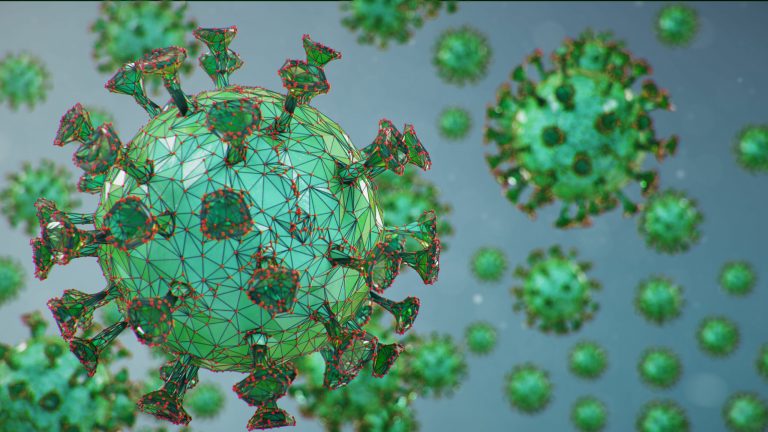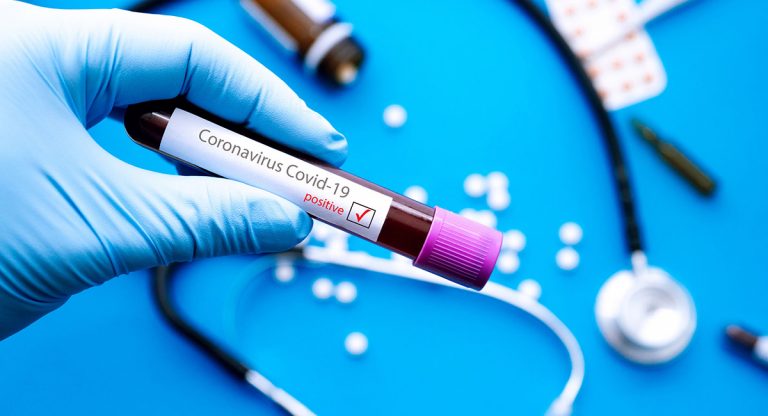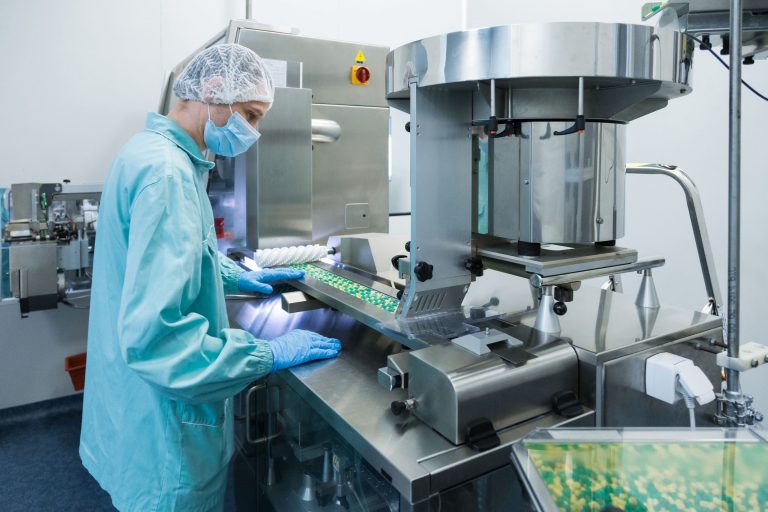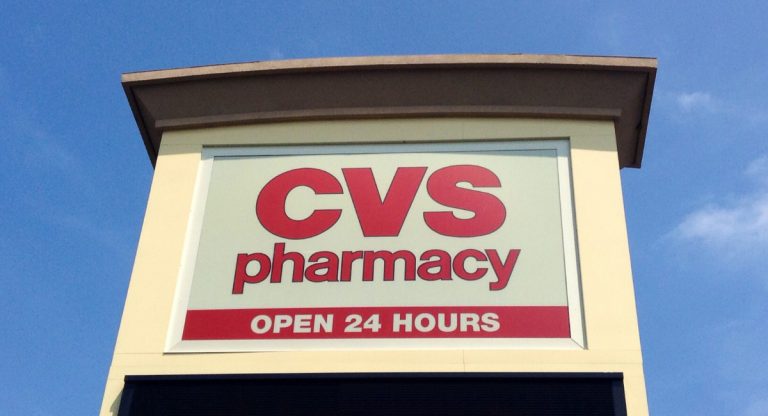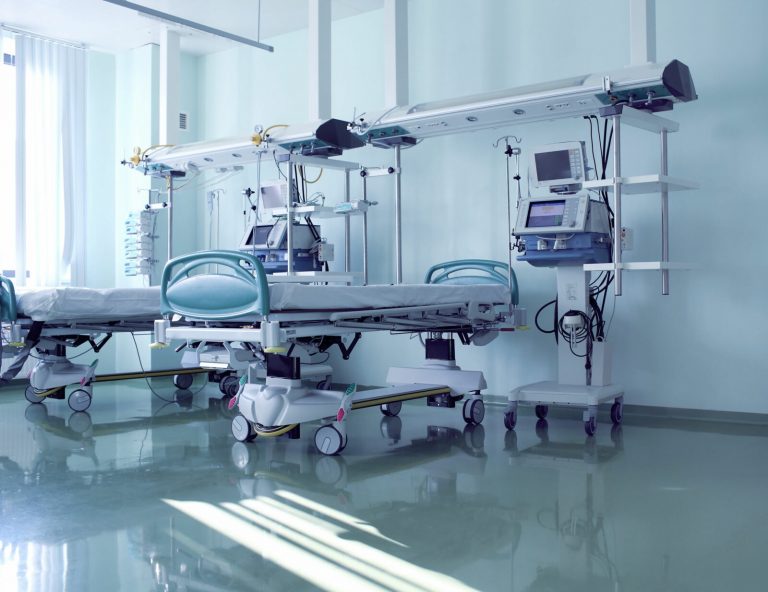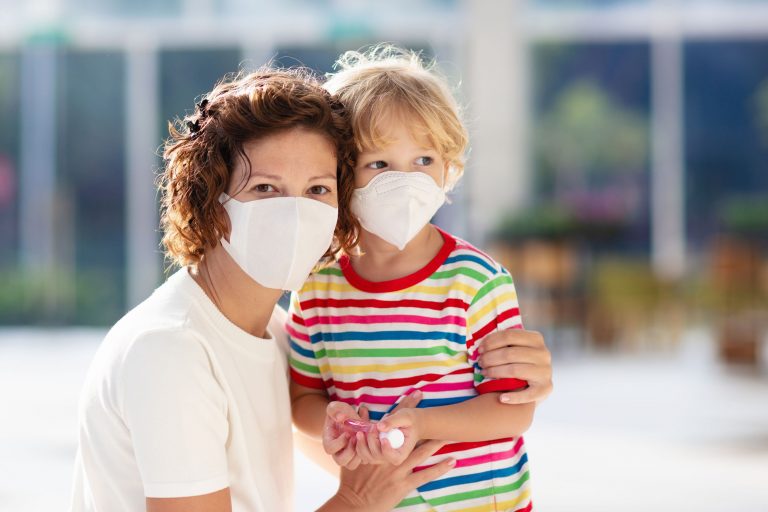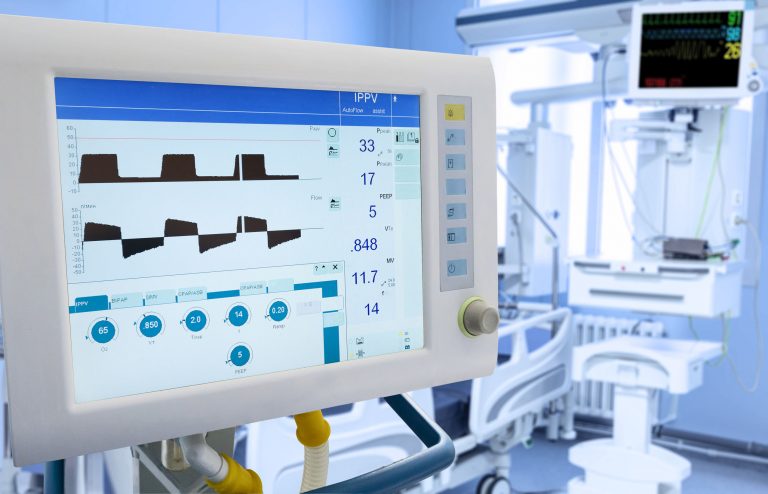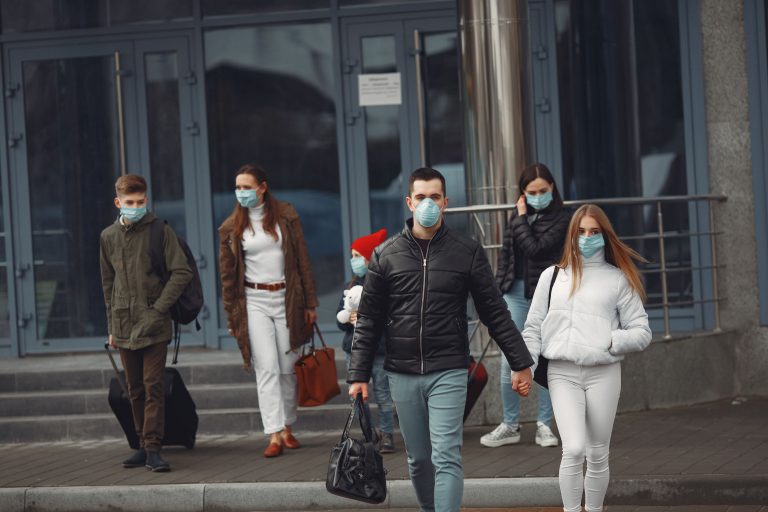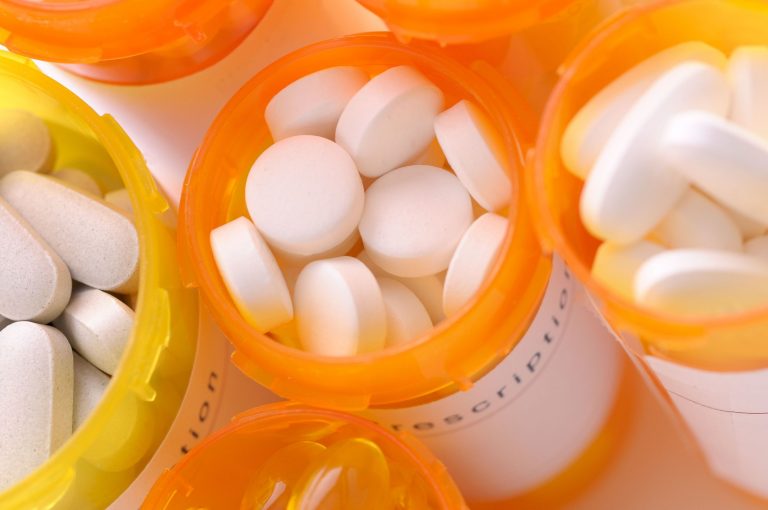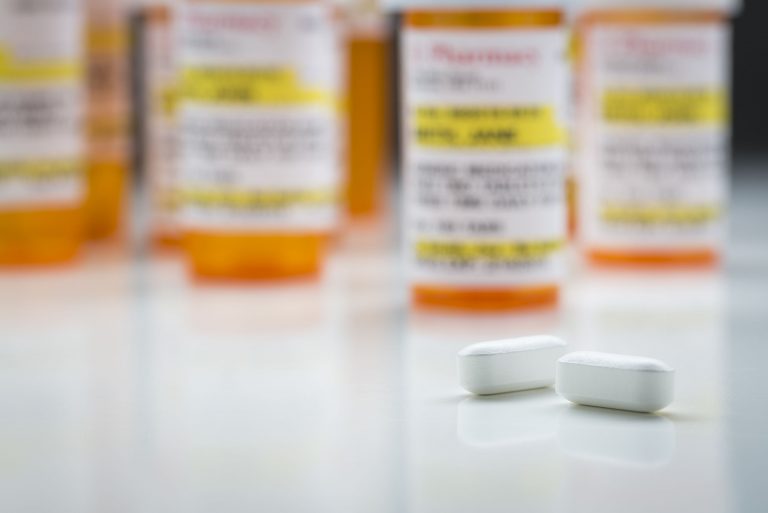At the beginning of March, less than 100 cases of COVID-19 and two casualties had been confirmed in the United States. Coronavirus had since infected over 10,000 Americans, with a death toll of over 200.
The coronavirus is spreading at an alarming rate. Many are taking drastic measures to slow it down. But despite thousands of grounded flights, countless businesses and schools closing, and widespread commitment to “social distancing,” public health experts worry it will not be enough. If current trends continue, our health care system will be overwhelmed with infected and dying patients.
As panic escalates, many are calling for more government control to manage the pandemic. And government officials have answered the call by passing draconian measures.
Italy’s government has placed nearly 16 million citizens on lockdown, arresting thousands for traveling without state permission. France has mobilized 100,000 policemen to enforce its mandated lockdowns. Spain is taking a similar approach and recently nationalized all of its hospitals. Chinese government officials are forcefully removingcitizens from their homes to be quarantined.
We might be next. Political figures have called for the government to shut down businesses, use the military to manage hospitals, and take control of “crucial factories and industry.” President Trump has taken a big first step in this direction by invoking the Defense Protection Act to force businesses to produce medical goods that are in short supply.
These efforts are well intended, but they have their limitations, to say the least.
Italy’s lockdowns haven’t demonstrated much success. Recent headlines indicate that Italy is unable to treat older infected patients, who face the highest risk of dying. Further, research conducted by the Imperial College COVID-19 Response Team in the U.K. finds that the most effective ways to mitigate the spread of coronavirus do not involve government restrictions.
Lockdowns and other heavy-handed measures also severely damage our economy. Robin Brooks, the chief economist of the Institute for International Finance, believes the U.S. response to the coronavirus outbreaks will decrease GDP by 3.6 percent in the coming months.
So what’s the alternative?
Instead of pushing for more severe restrictions on our lives, we should look to markets to battle the pandemic.
Previously considered one of the countries most affected by the coronavirus, South Korea is now one of the few places in the world where new cases are in sharp decline. And this has happened without citywide lockdowns.
South Korea’s success is due to innovation. As the virus spread through China, the biotechnology company Seegene began developing tests. The company’s entrepreneurship has led to over 230,000 tests. South Koreans are also able to use mobile apps to track newly reported cases and highly contagious areas. During the height of the outbreak, coronavirus-tracking apps received more than 20,000 downloads per minute.
Inexplicably, private efforts to test for the coronavirus in the U.S. wereprohibited without certification from the Food and Drug Administration and Centers for Disease Control, which often took months. Until recently, only a few commercial labs were able to test for the coronavirus.
Not only did onerous regulations create a shortage of tests, but they also likely made the outbreak worse. As the virus first spread from Washington state, federal regulators ordered a private laboratory in Seattle to stop testing—even after it had submitted information indicating the virus was spreading. Washington state remains one of the hardest-hit parts of the country.
Thankfully, the FDA has since granted private laboratories the freedom to test for coronavirus. Testing has increased dramatically ever since. Popular retailers like Target, Walgreens, and CVS-Health are opening space for laboratories to make tests available to a concerned public.
